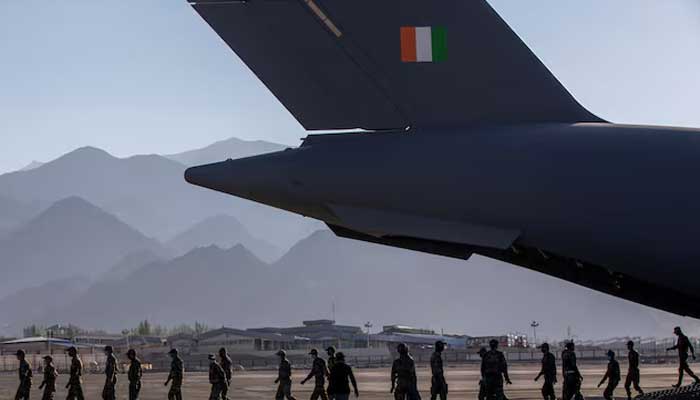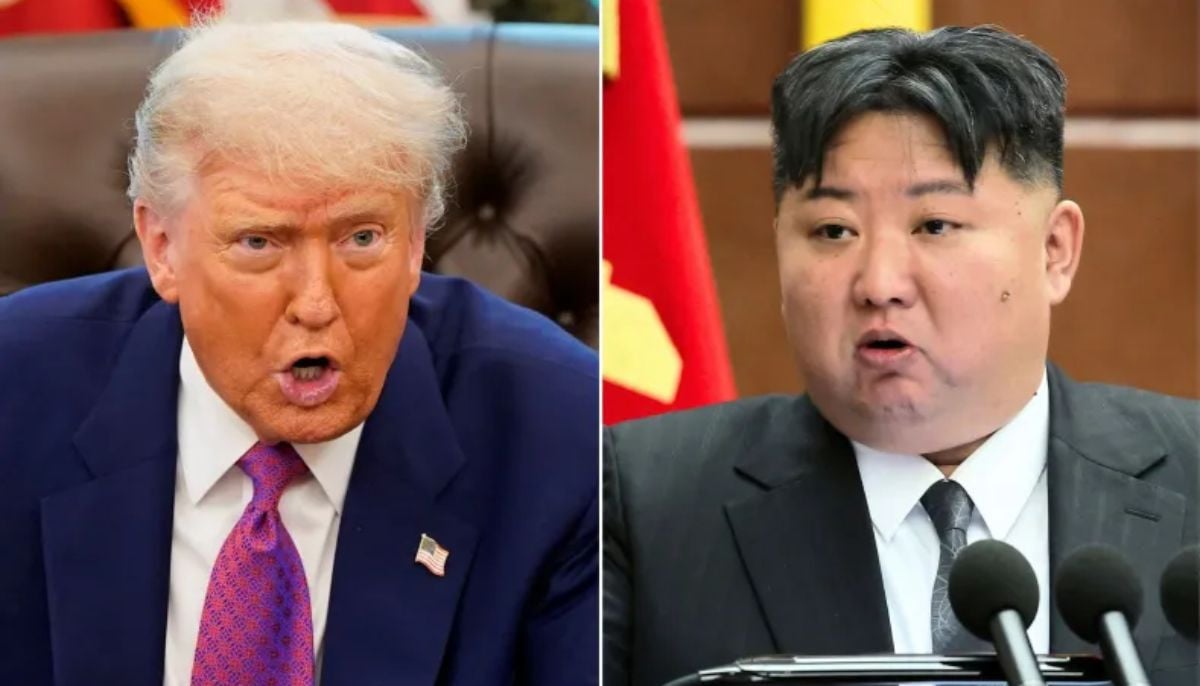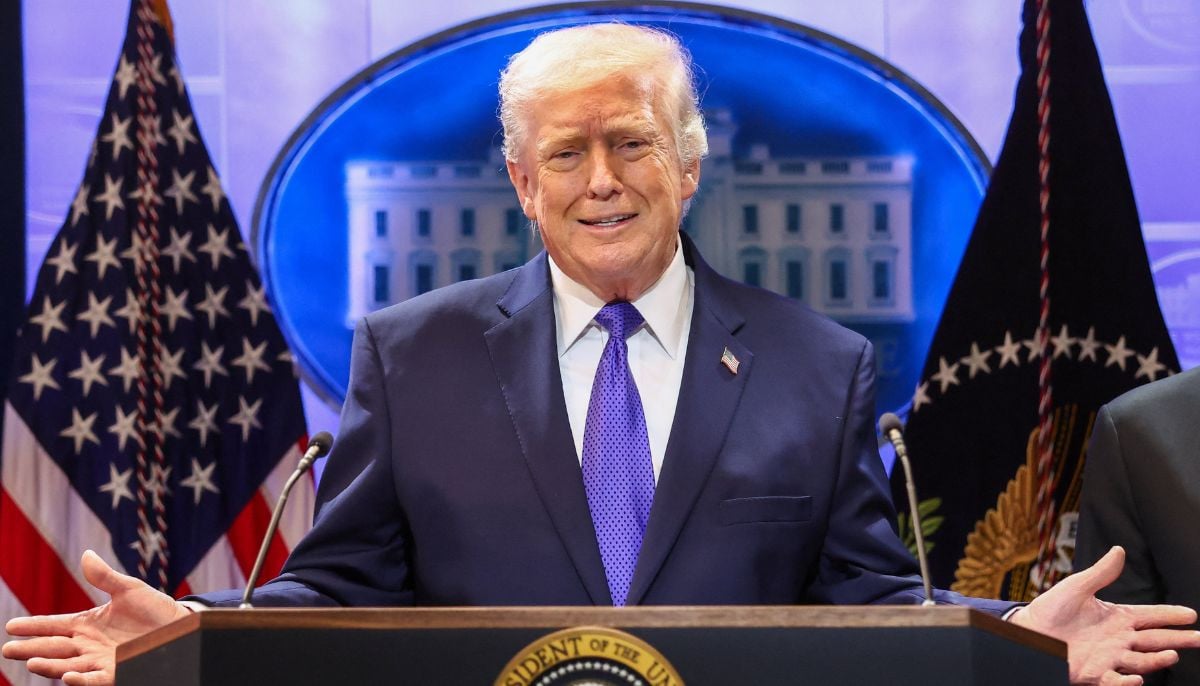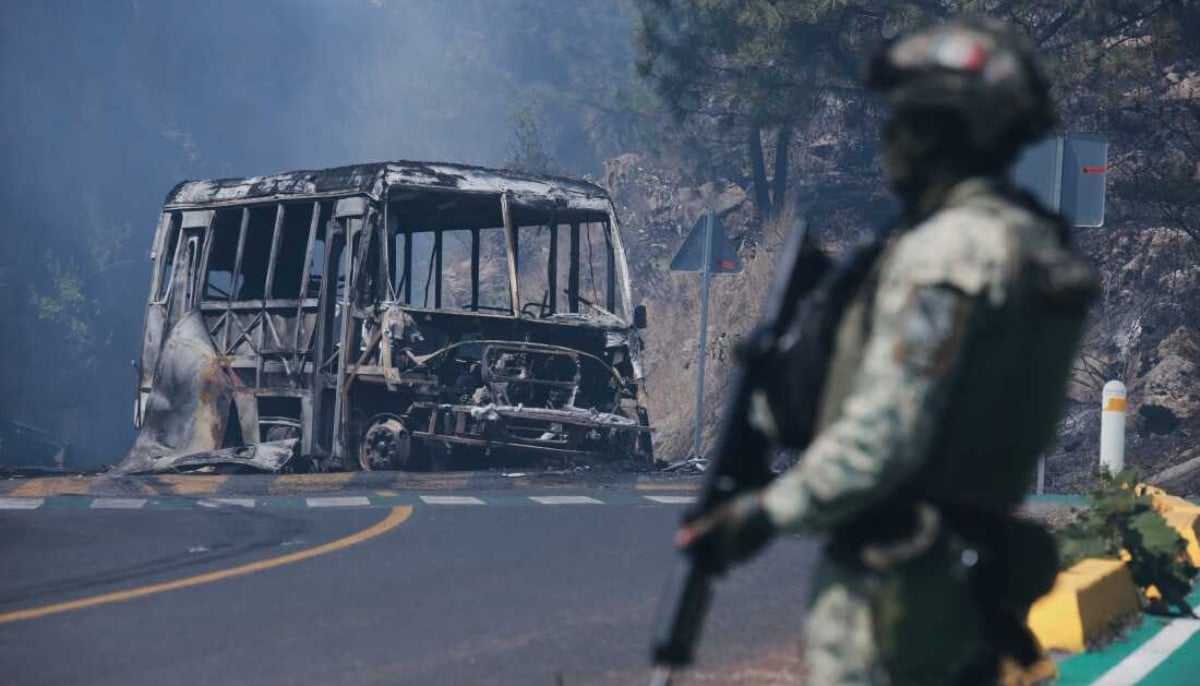India says agreement with China on contested border patrols: foreign ministry
Agreement reached on "patrolling arrangements along Line of Actual Control in India-China border areas"
NEW DELHI: India on Monday said it had struck an agreement with neighbour China for military patrols in highly contested border zones, aiming to resolve issues that flared when their rival armies clashed in 2020.
The announcement comes a day before Indian Prime Minister Narendra Modi is expected to attend a BRICS summit in Russia, which Chinese President Xi Jinping is also due to attend.
China and India, the world’s two most populous nations, are intense rivals and have regularly accused each other of trying to seize territory along their unofficial divide, known as the Line of Actual Control.
After the 2020 border skirmish, which killed at least 20 Indian and four Chinese soldiers, both sides pulled back tens of thousands of troops and agreed not to send patrols into a narrow dividing strip, known as the Line of Actual Control.
"Over the last several weeks Indian and Chinese diplomatic and military negotiators have been in close contact with each other," India's top foreign ministry bureaucrat Vikram Misri told reporters.
"And, as a result of these discussions, agreement has been arrived at on patrolling arrangements along the Line of Actual Control in the India-China border areas, leading to disengagement and eventually a resolution of the issues that had arisen in these areas in 2020."
India is wary of its northern neighbour, and disputes over their 3,500-kilometre (2,200-mile) frontier are a perennial source of tension.
China claims all of India's northeastern state of Arunachal Pradesh, considering it part of Tibet, and the two fought a border war in 1962.
The two countries also bitterly compete for wider strategic influence across South Asia.
-
FIFA World Cup security concerns spike after recent cartel violence in Mexico
-
Passenger wins £10,000 payout from Heathrow Airport after 100 ml liquids dispute
-
Chinese astronauts finally reveal why spacecraft left them ‘stranded’ for 437 days in space
-
Sinitta makes shock admission about marriage to Andy Willner post Simon Cowell heartbreak
-
Bill Gates calls ties to Jeffrey Epstein 'huge mistake,' reveals past 'affairs'
-
Switzerland announces one-time compensation for Swiss bar fire victims
-
Ryan Coogler shares thoughts about building community of actors amid 'Sinners' success
-
Heidi Klum gushes over Diplo collab 'Red Eye' despite DJ falling asleep during video












